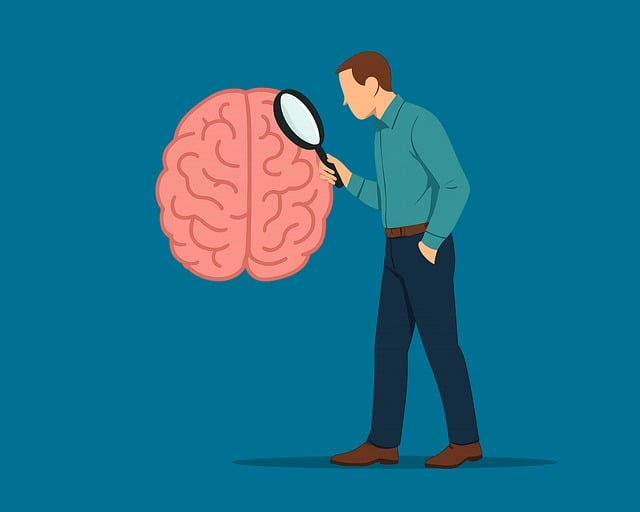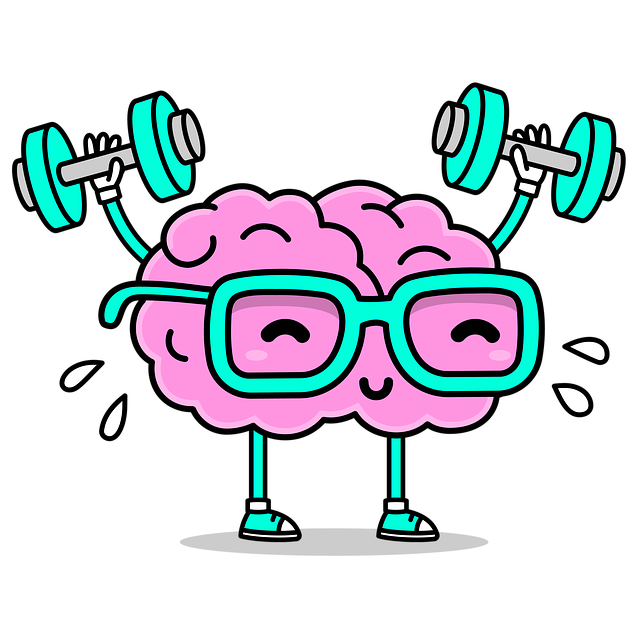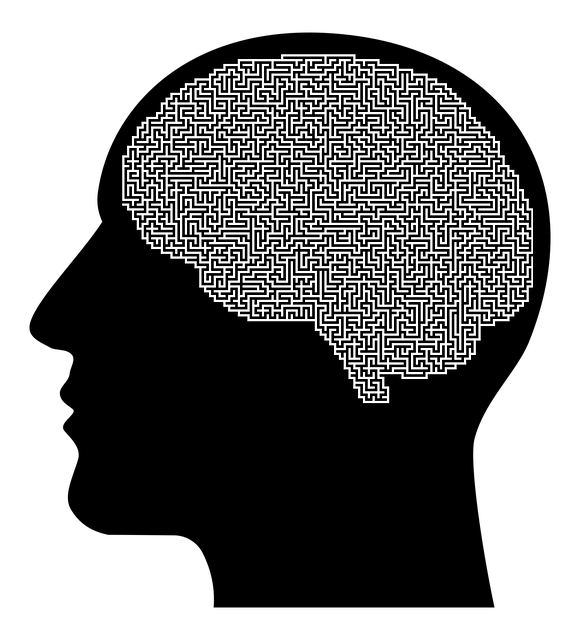Diagnosing mental illnesses accurately is challenging due to the complexity of human minds, cultural influences on presentation, and communication barriers like language differences faced by deaf or hard-of-hearing individuals. Centennial American Sign Language (ASL) Therapy is a groundbreaking approach that bridges these gaps by incorporating ASL into therapy, enhancing diagnosis and personalized treatment for this marginalized community. By combining ASL with evidence-based practices and public awareness campaigns, mental health assessment techniques improve, fostering inclusivity and timely care. Continuous training and education for professionals, including workshops on inner strength and empathy-building, further refine diagnostic accuracy and patient outcomes.
Mental illness diagnosis accuracy has long been a subject of concern, with many challenges impacting the process. This article delves into strategies aimed at enhancing diagnostic precision, focusing on the unique role of Centennial American Sign Language (ASL) therapy. By exploring advanced assessment techniques, cultural sensitivity, and continuous training for healthcare professionals, we aim to illuminate innovative efforts in improving diagnosis accuracy and ultimately, patient care. The integration of Centennial ASL therapy offers a promising approach, promoting inclusive and effective mental health services.
- Understanding the Challenges of Mental Illness Diagnosis
- The Role of Centennial American Sign Language Therapy
- Advanced Assessment Techniques for Improved Accuracy
- Integrating Cultural Sensitivity in Diagnostic Practices
- Continuous Training and Education for Healthcare Professionals
Understanding the Challenges of Mental Illness Diagnosis

Diagnosing mental illnesses accurately can be a complex task due to the intricate nature of human minds and behaviors. The process often involves sifting through diverse symptoms, some overlapping with physical health issues or other psychological conditions, making differentiation challenging. Additionally, cultural and societal factors can influence both the presentation of mental health issues and individual experiences, potentially leading to misdiagnosis or delayed treatment. In a diverse society like the United States, where languages vary widely, such as American Sign Language (ASL), effective communication between patients and healthcare providers becomes even more critical. For example, individuals who are deaf or hard of hearing might face barriers in conveying their experiences, impacting diagnosis accuracy. This is where specialized therapy, such as that offered by Centennial American Sign Language Therapy, plays a pivotal role in bridging the gap through sign language interpretation and culturally sensitive care.
Addressing these challenges requires a multi-faceted approach. Organizations like Stress Management Workshops can contribute to early intervention and accurate diagnosis by educating both professionals and the general public on stress management techniques and mental health literacy. Similarly, conflict resolution techniques and empathy building strategies, promoted by various initiatives, can enhance patient-provider communication, leading to more precise evaluations. By integrating these strategies, healthcare systems aim to improve diagnostic processes, ensuring individuals receive timely and appropriate care for their unique mental health journeys.
The Role of Centennial American Sign Language Therapy

The Centennial American Sign Language (ASL) Therapy is a groundbreaking approach that significantly enhances mental health care, particularly for deaf and hard-of-hearing individuals. This specialized therapy goes beyond traditional talk therapy by incorporating ASL as a powerful tool to bridge the communication gap between patients and healthcare providers. By fostering effective two-way conversations, it ensures accurate assessments and personalized treatments tailored to each patient’s unique needs.
In today’s context, where Burnout Prevention Strategies for Healthcare Providers are gaining prominence, Centennial ASL Therapy contributes to better mental illness diagnosis by promoting deeper understanding and connection. The therapeutic process not only facilitates Depression Prevention but also encourages Inner Strength Development in both patients and therapists. This inclusive practice is a game-changer, ensuring that no one is left unheard or misunderstood in the journey towards improved mental health care.
Advanced Assessment Techniques for Improved Accuracy

In recent years, significant strides have been made in advancing mental health assessment techniques, aiming to enhance diagnosis accuracy. One notable approach is the integration of advanced communication methods such as Centennial American Sign Language (ASL) Therapy, which not only improves accessibility but also provides a more nuanced understanding of patients’ symptoms and experiences. This specialized therapy equips professionals with the skills to decipher non-verbal cues, enhancing the overall assessment process.
Additionally, combining ASL Therapy with evidence-based practices like Social Skills Training and Coping Skills Development further refines diagnosis accuracy. These techniques foster open communication and enable mental health professionals to tailor interventions effectively. Furthermore, Public Awareness Campaigns Development plays a crucial role in educating the public about mental health, breaking down stigma, and encouraging early recognition of symptoms, ultimately leading to more accurate and timely diagnoses.
Integrating Cultural Sensitivity in Diagnostic Practices

In an increasingly diverse society, integrating cultural sensitivity into mental illness diagnostic practices is more crucial than ever. This involves recognizing and understanding the unique ways in which different cultures express and experience mental distress. For instance, the Centennial American Sign Language Therapy program has been instrumental in promoting cultural competency among healthcare providers by teaching them to communicate effectively with deaf individuals, ensuring accurate diagnoses and appropriate treatment for this often-overlooked population.
Cultural sensitivity also encompasses an awareness of how societal norms and values can influence symptom presentation and interpretation. This is particularly relevant when considering the impact of stress factors like racism, discrimination, and cultural trauma on mental wellness. Incorporating approaches such as those seen in the Mental Wellness Podcast Series Production, which addresses these nuanced aspects, can help healthcare providers implement Mood Management and Burnout Prevention Strategies for themselves and their patients, ultimately enhancing diagnostic accuracy and improving patient outcomes.
Continuous Training and Education for Healthcare Professionals

Mental health professionals play a pivotal role in accurate diagnoses and effective treatment plans. To enhance their capabilities, continuous training and education are essential. Programs focused on advanced diagnostic techniques, such as those offered by Centennial American Sign Language Therapy, empower healthcare providers to recognize subtle symptoms, especially in diverse populations. Regular workshops on inner strength development can improve professionals’ emotional resilience, leading to more empathetic interactions with patients.
Moreover, public awareness campaigns development and empathy-building strategies are integral components of this ongoing education. By fostering a deeper understanding of mental health issues within the community, these initiatives ensure that healthcare professionals encounter patients with greater context, further improving diagnostic accuracy and patient care outcomes.
Mental illness diagnosis accuracy has long presented significant challenges, but through innovative approaches like the integration of Centennial American Sign Language therapy, advanced assessment techniques, cultural sensitivity, and continuous training for healthcare professionals, we can enhance diagnostic practices. These efforts not only improve patient outcomes but also foster a more inclusive and effective mental health care system that meets the diverse needs of all individuals.










